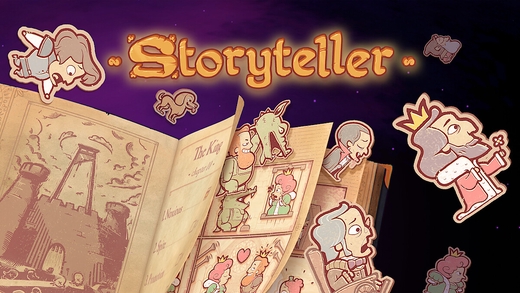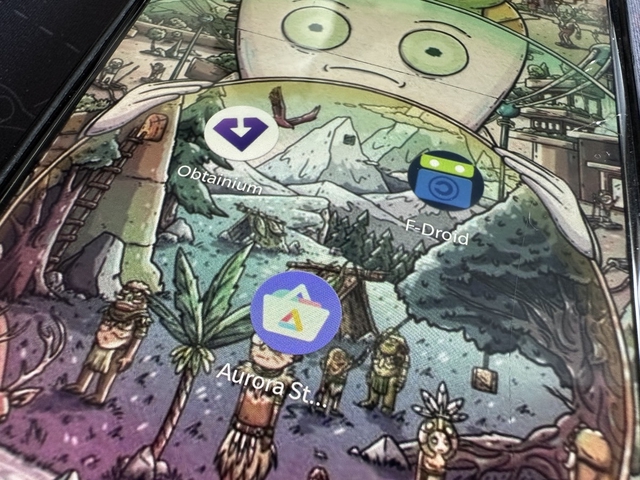Butterrobot 0.2.4 released
I’ve decided to revive Butterrobot after a long hiatus.
The project was originally written in Python and it was designed to be a simple way to have quality of life in Slack and Telegram channels. After I made the initial implementation I started going deeper into Golang and mostly abandoned it with a promise to come back and rewrite it in the future.
That day is here.




